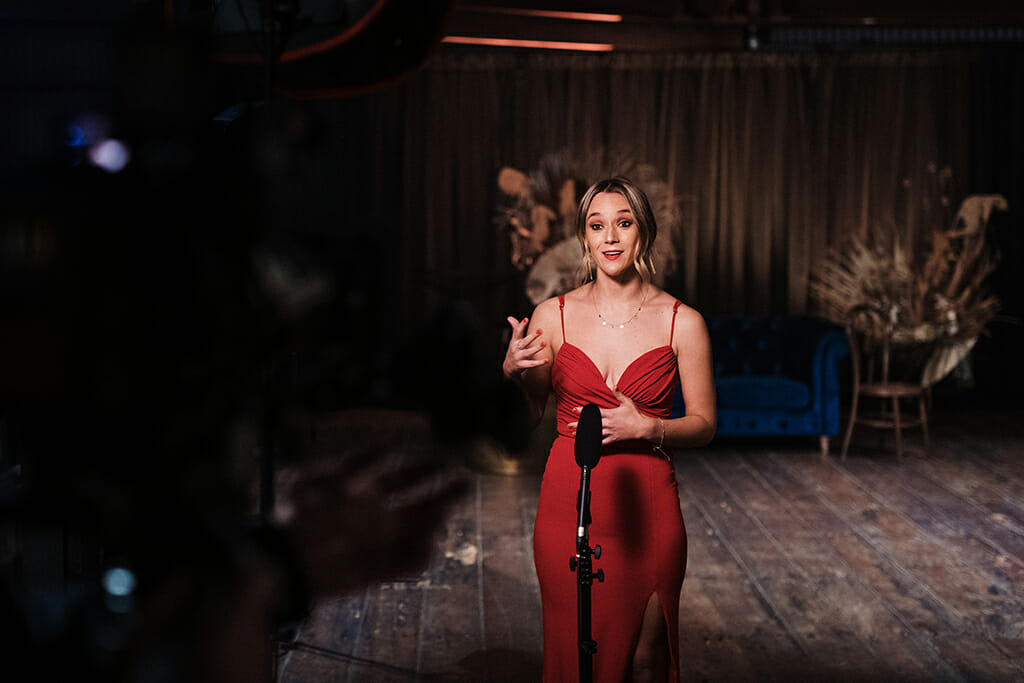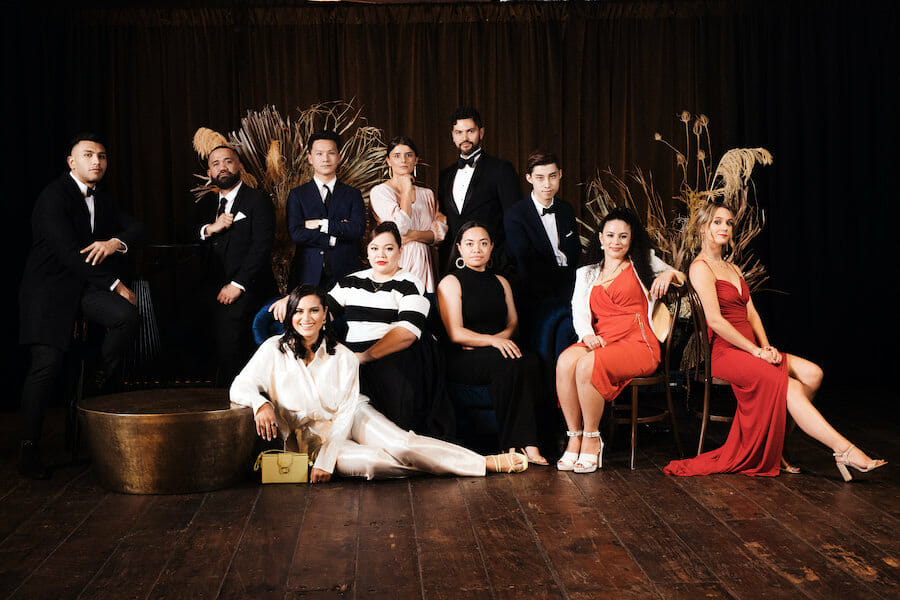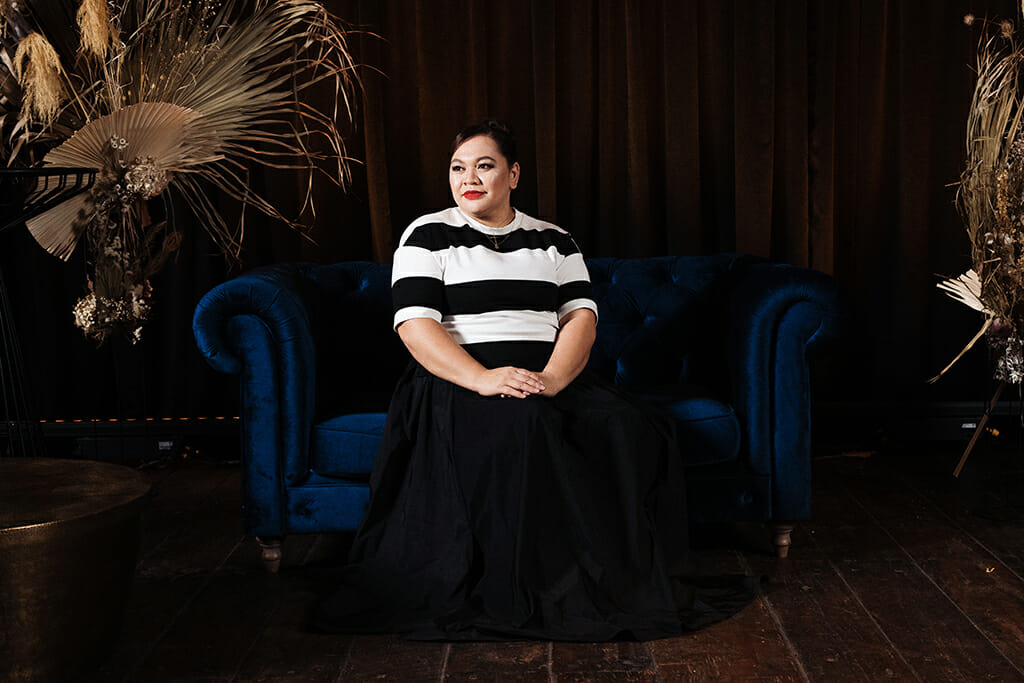“As an individual you cannot change the world, but as a community you can”
Jazz Thornton is a woman climbing a mountain. It’s a very high and very steep mountain and most days she can’t see the top, but she knows she has to keep climbing, climbing for those who can’t climb right now and for those who have had to stop climbing altogether.
The 26 year old has a well-publicised battle with mental health. As a child she suffered abuse and bullying which resulted in 14 suicide attempts the first when she was just 12 years old.
Following her final suicide attempt at age 20, a friends helped Jazz realised she wasn’t fighting simply surviving. This realisation provided the catalyst for her to start healing and to channel her energy into helping others.
“When I was growing up no one was talking about suicide. As a country we were just starting to talk about mental health. People like John Kirwan were making some good progress with men’s mental health, but no one was talking about youth suicide, and no one was offering hope that things could get better”
In 2014, Jazz along with her friend and co-founder Genevieve Mora launched ‘Voices of Hope’ the two women drew on their own survival stories to reach out and connect with others.

“We wanted others to know there is hope, that they are not alone, we wanted families and friends of those struggling with mental illness to know that it can get better.”
Since the launch of ‘Voices of Hope’ Jazz’s profile has grown enormously, she’s written two books and is currently working on a third, she’s directed movies and videos, given Ted talks and speaks in schools around the country. She’s received numerous accolades including 2021 Young New Zealander of the Year. She’s worked with the likes of Prince Harry and Megan Markle and the United Nations to bring the subject of youth suicide to the international stage.
But her success didn’t come without a lot of sacrifice.
“I haven’t really talked about this, but there were years when I was everywhere, giving Ted talks, directing my first movie, speaking at schools, but I had no money. I was on a benefit and had barely enough to survive, sometimes I wouldn’t eat for two days because I couldn’t afford food. I didn’t want to ask for help because I was ashamed of how I was living. People often only see the successes, they don’t always realise what it takes to get there.”
Despite the struggles Jazz started to realise her work was making a difference when she started receiving messages from survivors and their families telling her that without her help they couldn’t have made it through.

“For me those messages are my ‘why.’ The change I see happening is why I keep doing this, why I will never give up. My advice to anyone will always be to know your ‘why’ and never let it go.
Jazz’s aim is to create campaigns and projects that reach millions of people, and in order to do that she says the most important tools are community and connections.
“Your community is so important, you have to surround yourself with people who stand by you, who take the calls at 3am. The people who support your fight but also force you to take time out for yourself, to make sure you have a balance and the energy to keep going.”
“I knew I couldn’t create change alone so I kept pushing myself into rooms full of people who could help. I connected with the Sir Stephen Tindall’s of the world, the media, John Kirwan, Youthline, the NZ police, anyone I thought could help promote my message. The late Kiwi Philanthropist Adrian Burr became a dear friend, he believed in what we were doing and provided support and funding to keep us going.”
Jazz’s dream is a society where anyone who needs help can get it straight away without question or red tape. She wants to see New Zealand relinquish our title of the ‘country with the highest youth suicide stats’ and to see all the talk and promises around addressing our mental health problem turn into action. It’s a huge change, a very steep mountain to climb, but she’s never giving up.
“I completely, definitely, 100% believe, as a country, we can get there, as long as there are people willing to be part of the change. The fact that I am still here means that I have to fight for those who no longer are, I have to fight to help create the kind of society that would have allowed them to live.”
HOW KEA CAN HELP
Join
Join the Kea community, and stay connected to New Zealand, its people and businesses wherever you are in the world.
Kea Connect
Help Kiwi businesses explore their global potential through our worldwide community.

 MENU
MENU







